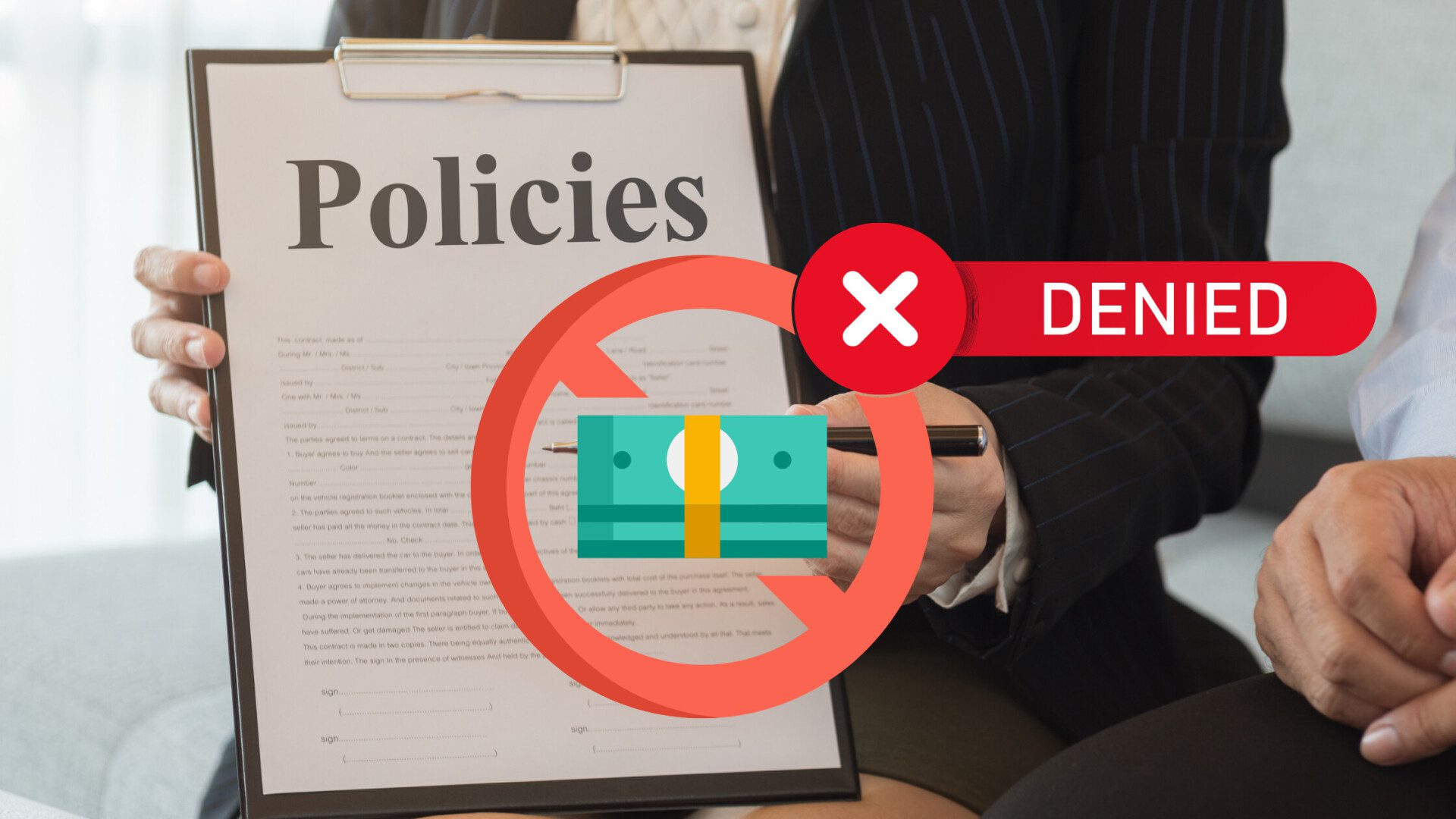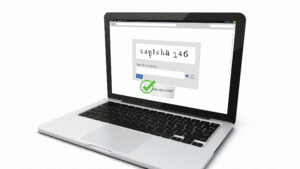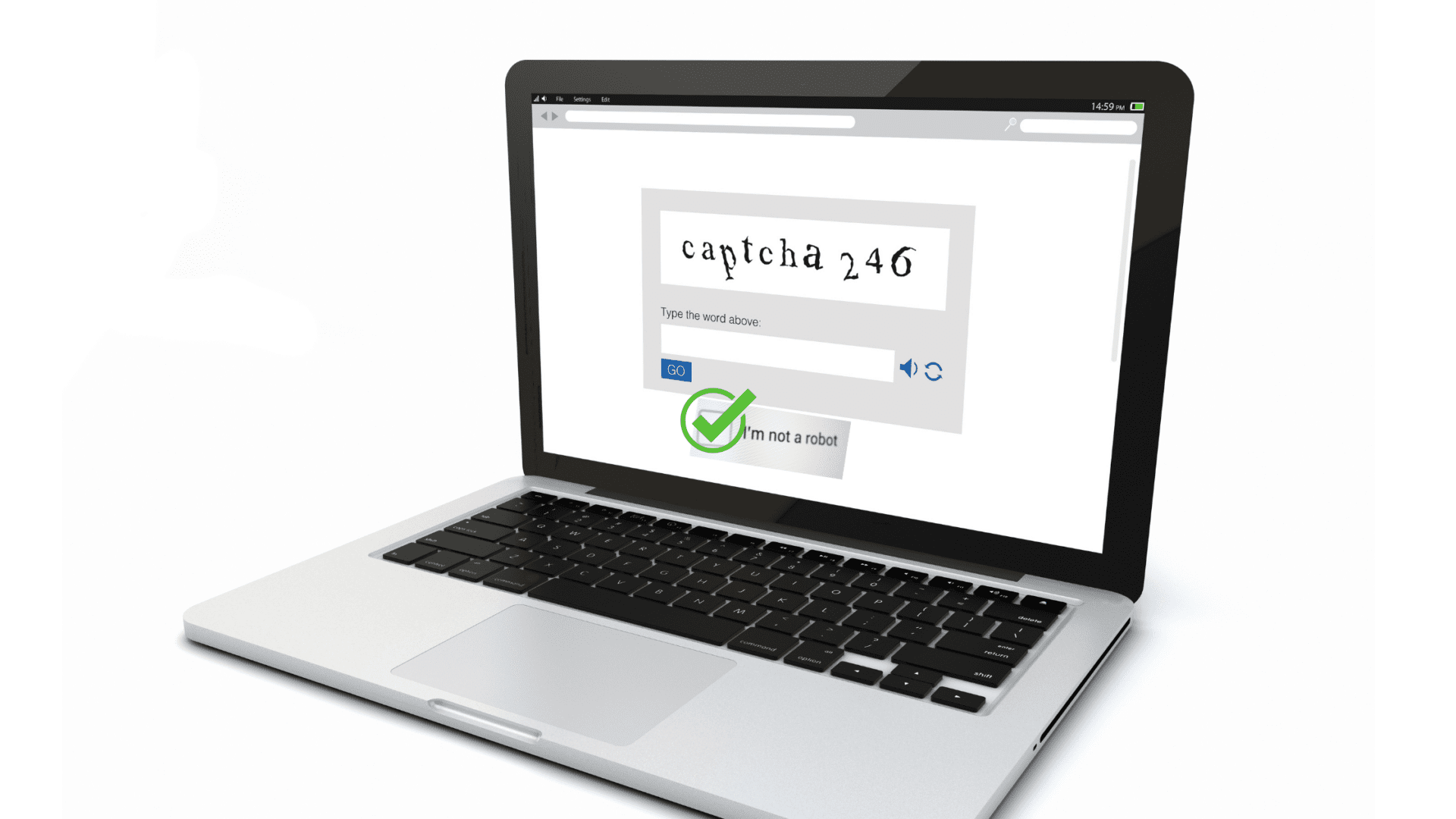When Brad Bernero dropped his $4,311 tax check into a USPS mailbox in Parker, Colo., he had no idea it would start a months-long battle with his bank. Using details from a CBS Colorado report, MSN chronicled the entanglement that followed.
A Vanishing Check
By late April, Bernero saw the check in question clear his account—but something was off. The bank couldn’t provide its image, citing a “common” issue with governmental payments.
By June, Bernero learned his taxes hadn’t been paid. An investigation revealed the check had been altered and fraudulently deposited. Yet, Wells Fargo denied reimbursement, citing policy restrictions on reporting fraud.
Customer Takes Legal Action Against Wells Fargo
It took verification from an outside source and a nudge from the media for Wells Fargo to agree that a course correction was warranted on its part.
First, the United States Postal Inspection Service confirmed that Bernero had indeed fallen prey to mail theft. Helping make Bernero’s case were the postal representatives who found his stolen, opened envelope at a crime scene.
Still, his bank wouldn’t budge.
Refusing to back down, Bernero filed a small claims suit, determined to hold the bank accountable. “For $4,300, I think a lot of people probably would [give up], but for me, it just kind of gnaws at me a little bit,” he says.
Media Scrutiny Prompts Bank Action
Media outlet CBS Colorado then reached out to Wells Fargo, asking them to clarify how Bernero could have done more to monitor his account. A bank spokesperson responded by asking the station’s reporter for the customer’s personal information.
Bernero says within days he got a call from Wells Fargo, wanting to review his case.
Wells Fargo then reported that it is working directly with him to resolve the issue.
Rethink Rigid Bank Policies
Bernero’s experience offers a wake-up call for bankers to:
- Bridge transparency gaps: Give customers better access to transaction data, like check images, to prevent disputes.
- Empower customers: Provide proactive education on fraud prevention and reporting timelines.
- Rethink rigid policies: Adjust timelines for reporting fraud in cases where critical evidence is delayed.
A Call to Action for Bankers: Building a More Customer-Centric Approach
Though Wells Fargo eventually reexamined the case details, Bernero’s ordeal highlights the need for banks to prioritize customer trust and operational resilience.
Bernero’s own words echo a broader message for the financial services industry.
As he diligently tried to navigate a resolution, he adamantly asserted: “I’m trying to do what’s right.” For bankers looking to do likewise (especially with fraud charges that can be reputationally ruinous to customers), that can mean creating flexible issue-resolution approaches.
Remediations such as those that eventually aided Bernero help not only the financial institutions implementing them but also the people they serve.
See MSN for the complete coverage of this check fraud case.



















